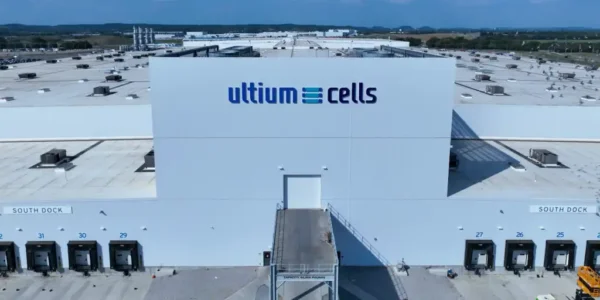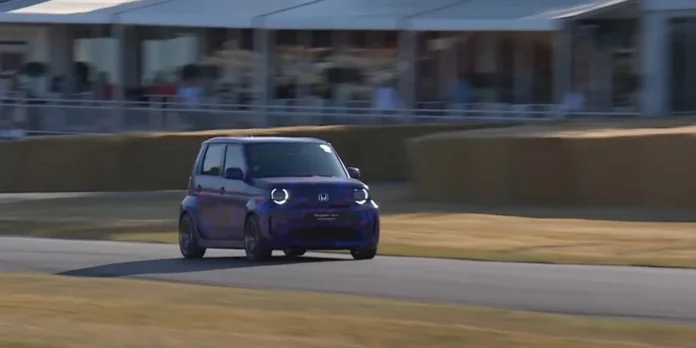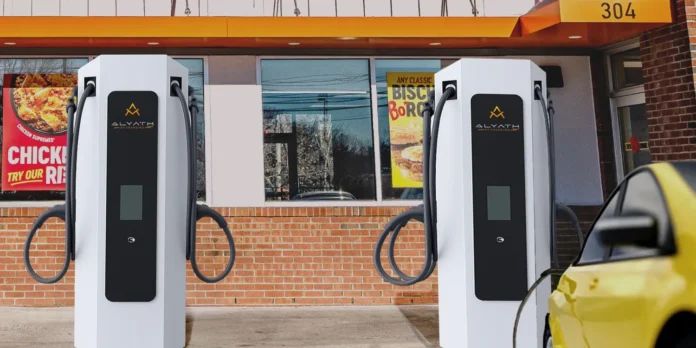Introduction to GM’s Battery Plant Upgrade
General Motors (GM) is gearing up for a significant transformation at its Tennessee battery plant as it turns its focus toward manufacturing low-cost lithium-iron-phosphate (LFP) electric vehicle (EV) batteries. This move comes on the heels of GM achieving remarkable success in the electric vehicle market, positioning itself as America’s second-best EV seller, further widening its lead into 2025.

What Is LFP Technology?
LFP batteries are gaining popularity in the EV industry due to their cost-effectiveness and safety. They provide a promising alternative to traditional lithium-ion batteries, offering an effective solution for producing affordable electric vehicles. GM’s Ultium Cells, a joint venture with LG Energy Solution, is making these critical upgrades to ensure that LFP batteries are produced at a competitive scale.
Strategic Importance of the Tennessee Plant
The Tennessee facility’s recent announcements reflect GM’s commitment to advancing battery technology and meeting growing consumer demand for innovative EV solutions. With plans to convert production lines for low-cost LFP batteries later this year, GM is not only enhancing its operational efficiency but also establishing a solid foundation for future growth in the EV market. This strategic move reinforces GM’s leadership position and aims to make EVs more accessible for consumers across the United States.




